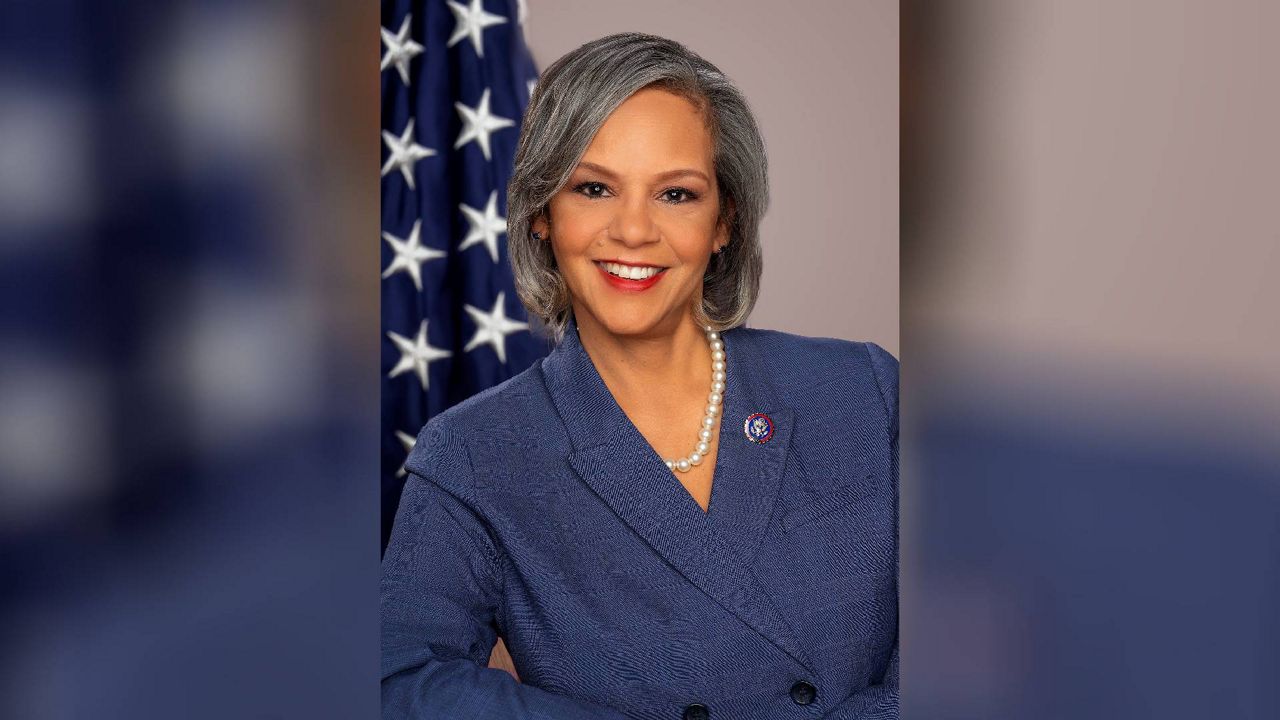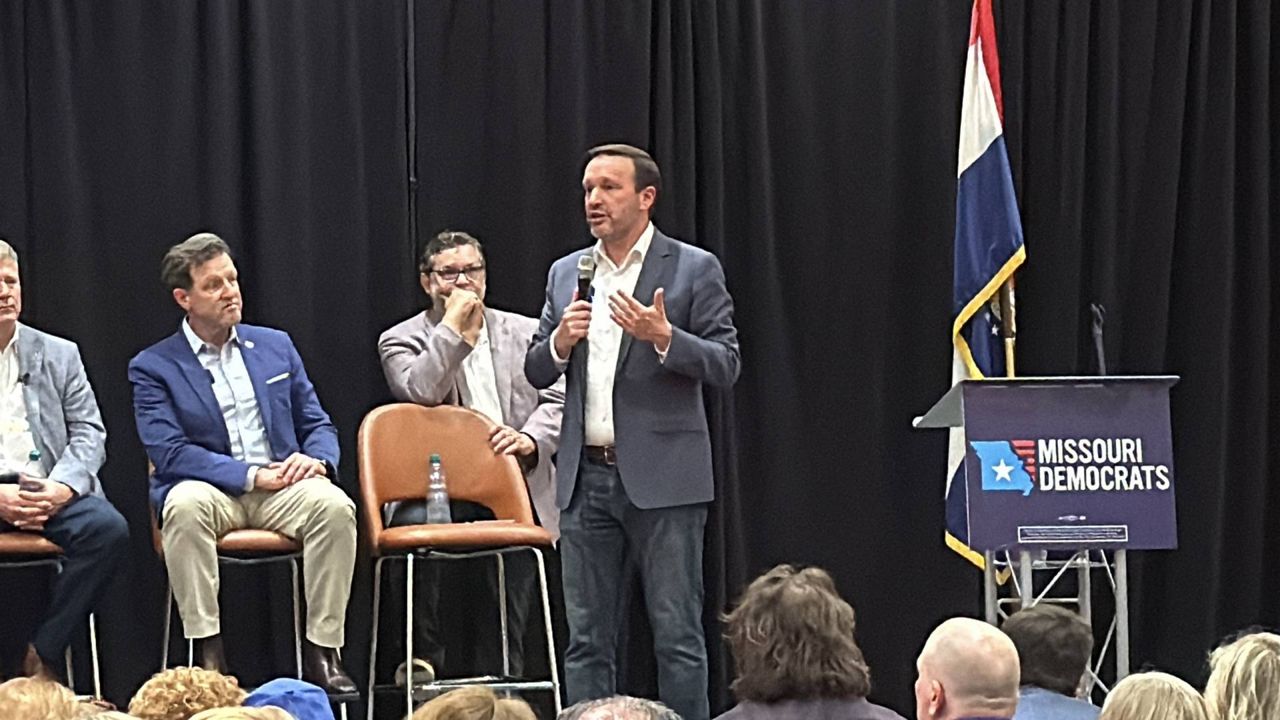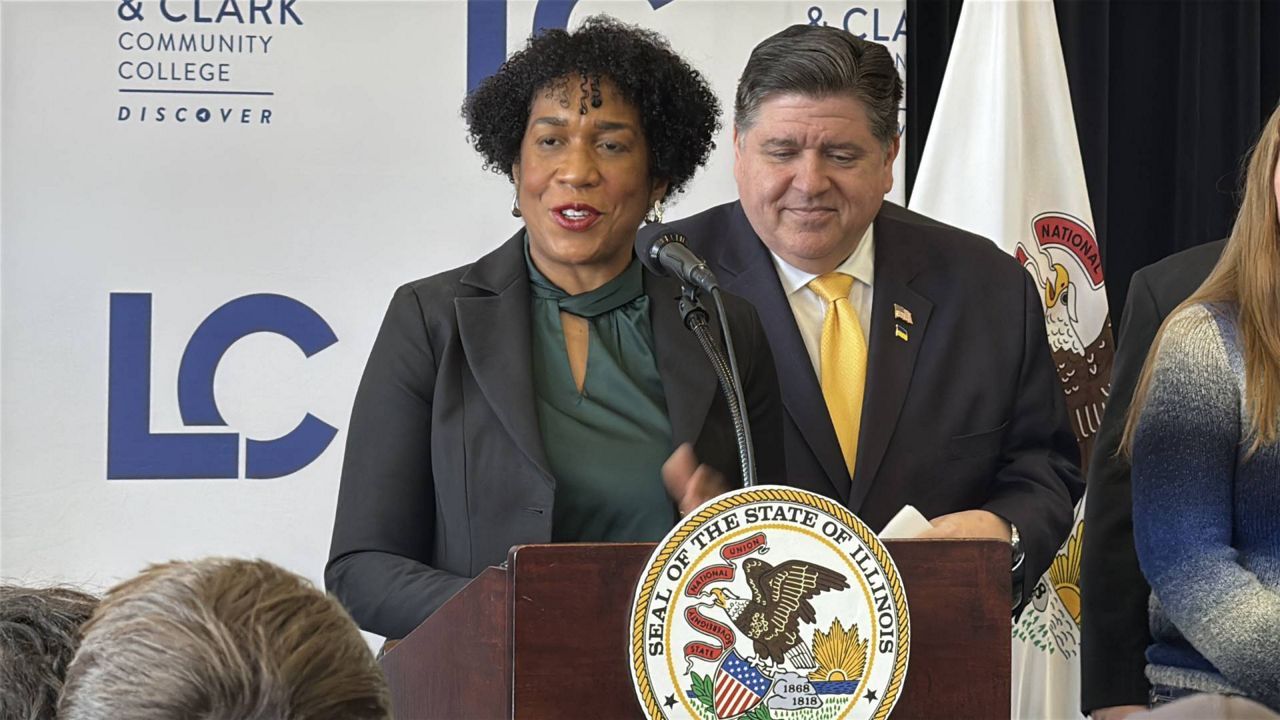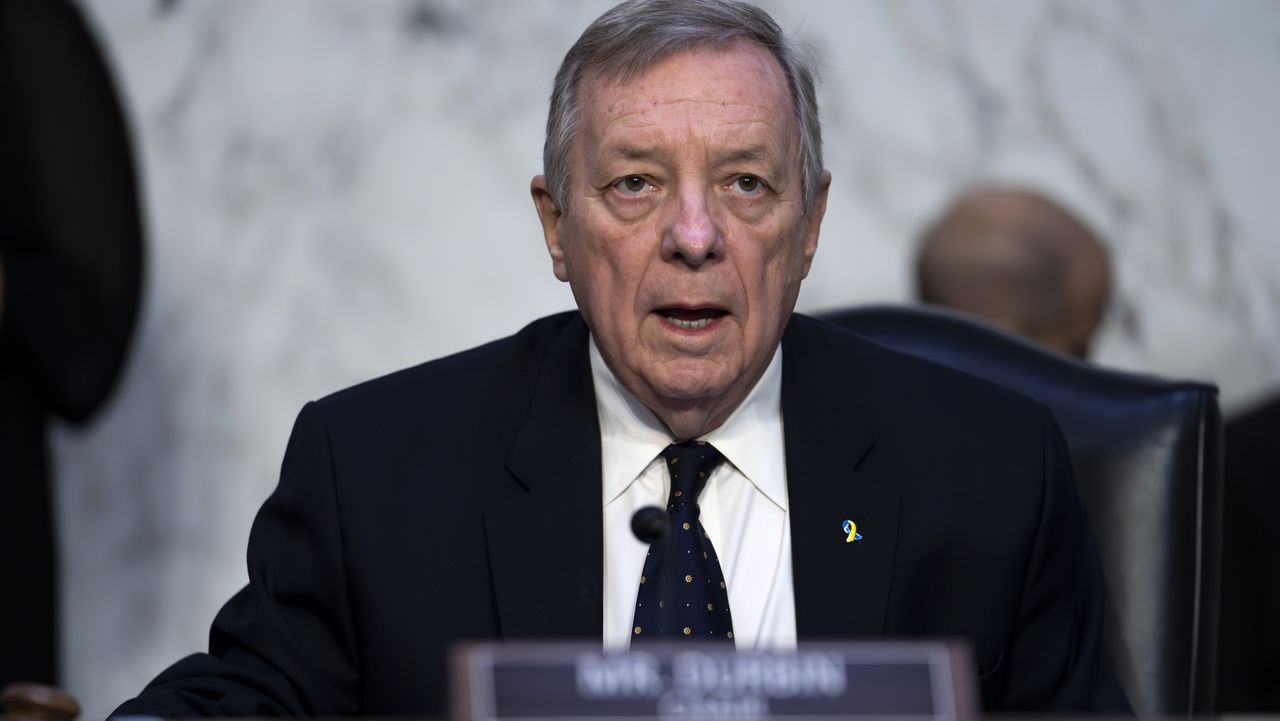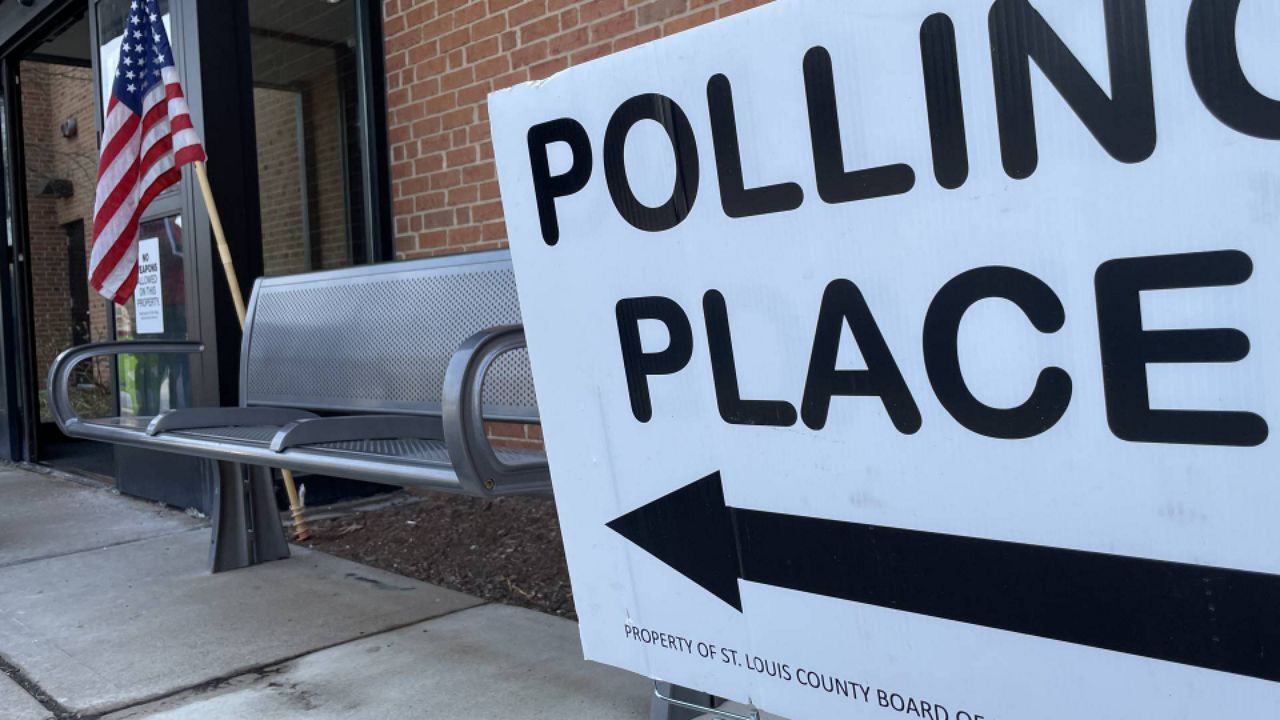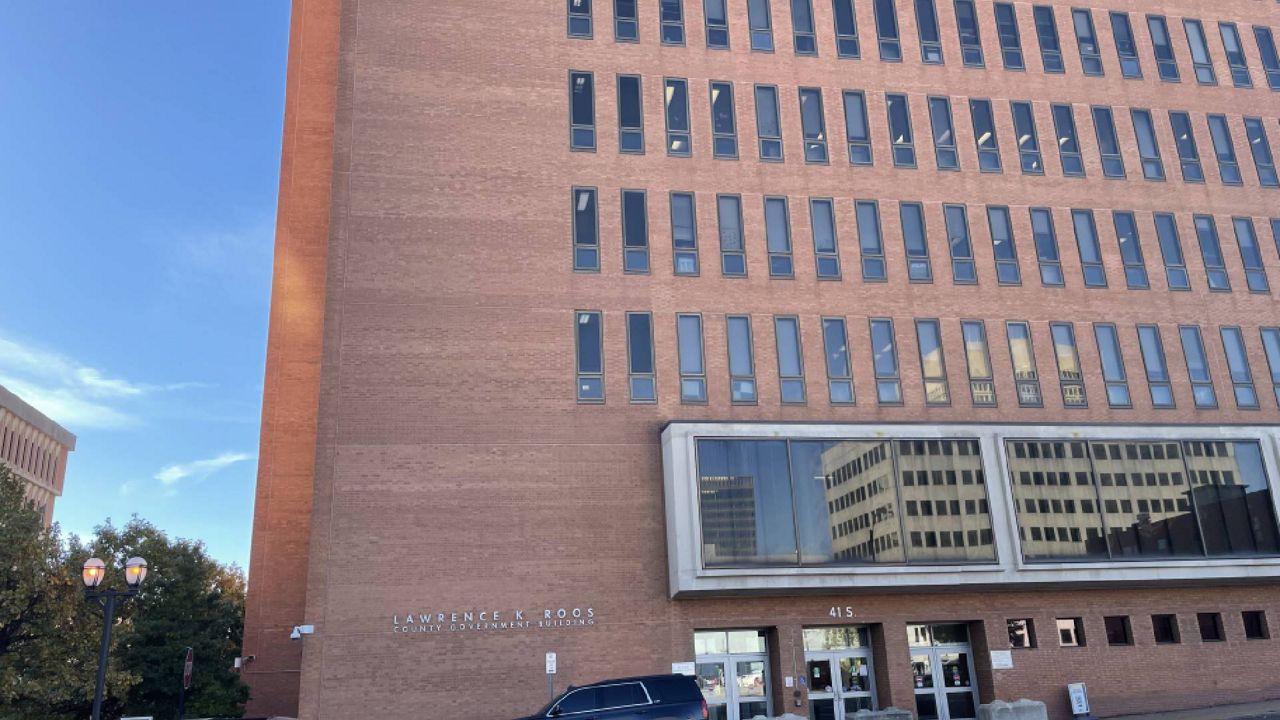ST. LOUIS—Polls are now closed for today's municipal primary contests in St. Louis that will yield two general election candidates in races for mayor, comptroller and two seats on the board of aldermen.
Under the city’s approval voting system, voters can choose however many candidates they want in a particular race, with the top two advancing to the April 8th general election.
The highest-profile race is for mayor, where the incumbent, Tishaura Jones, faces alderwoman Cara Spencer, recorder of deeds Michael Butler and businessman Andrew Jones.
Jones’ case for re-election focuses in part on the city’s efforts to reduce homicides and violent crime in the years since she appointed Robert Tracy, the first police chief from outside the city under local control. The Missouri General Assembly is poised to pass legislation this session, with the backing of Gov. Mike Kehoe, that would return police control to a state-appointed board.
All four candidates support local control, although Andrew Jones, who declined interview requests, has said he would only want it to remain if he were to win the race.
The mayor has also pointed to renewed efforts to re-invest in north St. Louis neighborhoods that she says has helped lay the groundwork for future growth. A signature program, funded with more than $30 million in American Rescue Plan Act money, was designed to distribute grants to north St. Louis businesses and non-profits. It’s been criticized because some initial awardees appeared to have dubious qualifications for the money. Spencer resigned her position on the board overseeing the St. Louis Development Corporation over it.
Jones says she was the one who took a lead on fixing issues with the program, and criticized Spencer for quitting the board. Butler has said he would redistribute some of the grant money, and would move to demolish vacant homes in north St. Louis neighborhoods.
Spencer has spent the primary campaign drilling down on the lack of execution when it comes to basic city services like trash collection, snow removal and street repairs, as the city struggles to fill vacancies. Spencer says she’d work to break down barriers facing job applicants, while she and Butler both say they would make sure city employees have the tools they need for the job.
Jones insists she’s done everything she can do unilaterally when it comes to filling vacancies.
While some voters may be quick to point to a general election rematch between Jones and Spencer, Butler says he’s out to prove this hasn’t been just a two-person race all along, despite fundraising numbers showing Spencer and Jones with a clear advantage. While Spencer has the backing of business leaders, including Clayco founder Bob Clark, she doesn’t have the same kind of relationships Butler and Jones do in Jefferson City as former state lawmakers. Butler is also the former chair of the Missouri Democratic Party.
The city of St. Louis takes in roughly $175 million from the federal government to fund a variety of programs across multiple departments, from health to public safety priorities. Whoever wins the race will need to deal with the fallout from the Trump administration’s move to rescind federal dollars that have already been awarded, potential budget cuts and changing funding priorities that could also impact the proposed Green Line Metrolink expansion and plans to redesign St. Louis Lambert International airport.
An immediate test of what path the city should take with handling that uncertainty will come when the board of aldermen comes back into session in April, fresh off a lengthy attempt to identify ways to spend the city’s roughly $300 million in NFL settlement funds. Spencer co-sponsored a bill that would have seen investment in downtown, north st. louis and southeast St. Louis but said at a candidate forum last month it was time to pull back and wait to see what unfolds at the federal level. Jones favored a larger compromise bill that would have also included funds set aside for early childhood education and post-secondary support for city employees and their families. She now agrees that it’s time to pause to see what happens in Washington before moving ahead.
Butler told Spectrum News he would look to spend the NFL money on wraparound health and social service needs for city schools, police equipment and demolishing vacant buildings.
The makeup of the board of aldermen that crafts that legislation will look different after this election cycle. Two incumbents–Michael Browning (9th ward) and Pam Boyd (13th ward) are unopposed, while Mathew Devoti was the only candidate to file in the 5th ward.
Voters on Tuesday will decide the general election candidates for races in the 3rd and 11th ward.
The only other city-wide race on Tuesday is for the comptroller’s office, where longtime incumbent Darlene Green is being challenged by former alderwoman and state representative Donna Baringer and CPA Celeste Metcalf.






